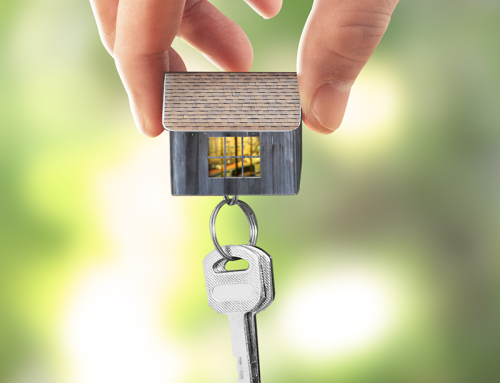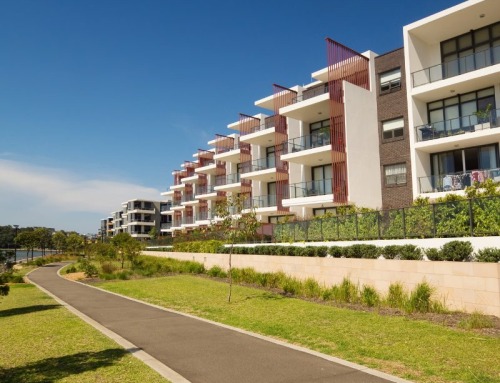Purchasing a property is an exciting time, however it is also the biggest asset that most people acquire and requires thoughtful consideration. If you intend on purchasing a property jointly, either with a family member or friend, it is wise to think about the practicalities of owning that property jointly and what would happen if the relationship were to break down.
Risks of co-ownership
When purchasing a property jointly, it is always better to be prepared for any circumstances that may arise that could affect the ownership of property. For example where a dispute arises regarding the use or ownership of the property, or if one owner passes away or suffers financial hardship. These circumstances can result in costly legal proceedings which leave both parties out of pocket and in a strained relationship.
Co-Ownership Agreement
A co-ownership agreement is a written agreement that outlines the rights and obligations of each owner and provides for situations that may arise in owning a property jointly. A co-ownership agreement can help owners document their intentions in owning the property jointly, and the circumstances that may give rise to a sale of the property.
Issues that a Co-Ownership agreement might cover
When thinking about purchasing a property jointly, the following matters should be considered:
- How the property is to be used – is the property to be rented out or is one of the owners to live in the property? If one owner is to live in the property, you may want to consider whether that owner is required to pay rent and whether they will be responsible for the day to day maintenance of the property.
- Who will pay the expenses – it is important to consider who will pay expenses such as utilities, rates and maintenance, and in what proportions these should be paid.
- Mortgaging the property – are either party obtaining loans to purchase the property? If so, it is likely that the bank will want to take out a mortgage over the property. This will be secured over the whole property, and if one owner defaults on their mortgage repayments, the bank may attempt to force the sale of the property. What rights will the other owner have against the defaulting owner if this occurs?
- If one owner wants to sell – it is important to consider the circumstances where one owner wants to sell the property and the other doesn’t. Will the other owner get the first option to purchase the selling owner’s interest? Can one owner refuse to sell the property to a third party? Can an owner require the sale of the property?
- If a co-owner dies – If the property is owned by the co-owners as tenants in common and one owner passes away, that owners’ share of the property will become part of their estate and pass to their beneficiaries in accordance with their will. The co-owners should consider whether the property is to be sold upon the death of an owner and what rights the remaining owner have to purchase that interest.
- How decisions regarding the property are to be made – it is necessary to consider whether the owners have to agree on all decisions regarding the property, or whether minor decisions can be made by each other, such as minor repairs.
We have a dedicated team of commercial and property lawyers who are experienced in providing advice on co-ownership agreements. If you would like any assistance on preparing a co-ownership agreement, please contact Dean Groundwater, Anika Fleet or Matthew Coulter from our office by email or phone 9525 8688. Please also feel free to download our free Essential Business eGuide.






![Construction Law Update – The decision of Pafburn Pty Limited v The Owners – Strata Plan No 84674 [2024] HCA 49](https://wmdlaw.com.au/wp-content/uploads/2025/05/Construction-500x383.jpg)